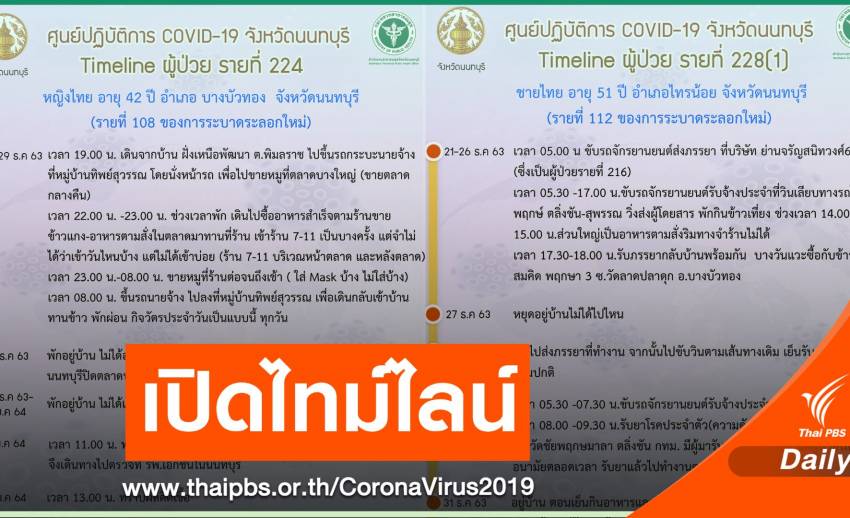Around 50 pro-democracy opposition figures were arrested on Wednesday in Hong Kong under the recent national security law, in the biggest crackdown to date against Beijing’s critics in the name of this text drastic.
• Read also: Hong Kong’s top magistrate pleads for independent justice
In 2020, the Chinese authorities initiated a strong takeover of the former British colony, which the previous year had been the scene of unprecedented popular mobilization since the handover in 1997.
And these arrests, many of which are linked to the primaries organized by the opposition last summer, are a further illustration of this.
Two high-ranking sources within the police, on condition of anonymity, reported “about 50” arrests carried out by the unit responsible for investigating offenses under the security law.
According to a count made on Facebook and Twitter by opposition parties and personalities, at least 48 arrests have been made, most of them for “subversion”.
–
–
This morning crackdown was quickly condemned by Antony Blinken, the man chosen by US President-elect Joe Biden to lead his diplomacy, and who denounced an “attack against those who courageously defend universal rights”.
“The Biden-Harris administration will stand alongside the people of Hong Kong and against Beijing’s crackdown on democracy,” he promised.
Extinguish the flame of resistance
It is a very broad spectrum of the pro-democracy movement that was targeted Wednesday, whether they are former parliamentarians like James To, Andrew Wan, Lam Cheuk Ting or Claudia Mo, or younger activists.
Among the latter are Gwyneth Ho, a 30-year-old former journalist with activism, and Tiffany Yuen, a 27-year-old district councilor.
Relatives of Joshua Wong, one of the most famous faces of the pro-democracy movement, currently in prison, said on his Facebook account that his home had been searched.
The police also carried out a search of a law firm engaged in the defense of human rights. The American lawyer John Clancey, who works for this company, was arrested, we learned from sources familiar with the matter. He is the first American arrested on behalf of the new law.
–
–
The police operation also targeted the media. Three press groups -Stand News, Apple Daily and Inmediahk- said they had been visited by police.
“It’s a real night of the long knives, the largest attack to date against democracy in Hong Kong,” protested lawyer Antony Dapiran, author of a book on social movements in Hong Kong.
Nathan Law, a fellow traveler of Joshua Wong who went into exile in July, accused the authorities of seeking to “extinguish the flame of resistance”.
Hong Kong police made no official comment.
“Serious provocation”
But pro-democracy figures said the arrests were linked to the primaries organized in July by the opposition before the legislative elections.
Scheduled for September 2020, these elections, during which the opposition intended to capitalize on the popularity of the 2019 mobilization, were postponed for a year by the government on the pretext of the epidemic.
The aim of the primaries, in which more than 600,000 Hong Kongers participated, was to avoid a scattering of the votes of the opposition and to nominate the 35 candidates who would run for the seats of the Legislative Council (Legco, the local parliament) which are attributed to the Universal suffrage. The rest are awarded according to a convoluted system that almost certainly guarantees a majority for the pro-Beijing bloc.
The opposition hoped to win the 35 seats in question, and thus for the first time to have a majority in the legislature, in order to constitute a real counter-power to the Hong Kong executive, which is aligned with Beijing.
China had presented the primaries as a “serious provocation” and claimed that campaigning to take control of parliament could amount to “subversion”, under the national security law that came into force a few weeks earlier.
Imposed without debate by Beijing, this text was a response to the political crisis of 2019, when Hong Kong had for months been the scene of demonstrations against Chinese interference.
Critics of this law present it as the last nail in the coffin of Hong Kong semi-autonomy, which is theoretically guaranteed until 2047 under the “One country, two systems” principle.
Very vague in its wording, the text attacks four types of crimes: secession, subversion, terrorism and collusion with foreign forces. It provides for life sentences.
The authorities had initially assured that the law would target only an “extreme minority”. But it has been invoked to stifle dissent and criminalize certain political opinions.
–


